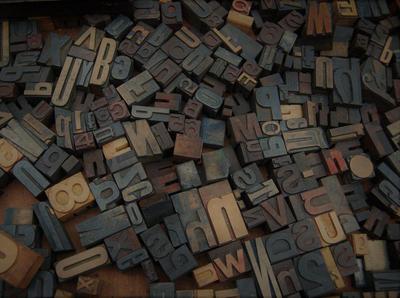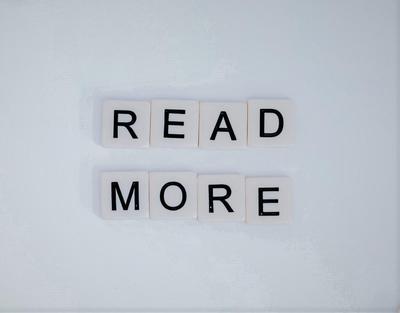
Technical writer and editor with experience producing sales-focused content for Life Science and environmental engineering product lines. Accomplished writer and researcher well-versed in modern practices for efficient, streamlined results. Knowledgeable of high-value, SEO focused practices, where customer engagement through story driven interaction is the goal. Highly proficient in modern SOP and manual standards, capable of producing easy to follow guides.




